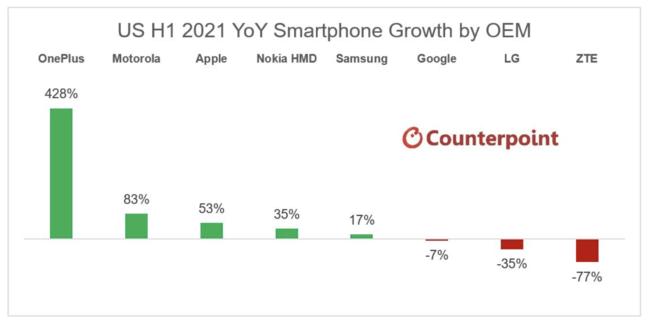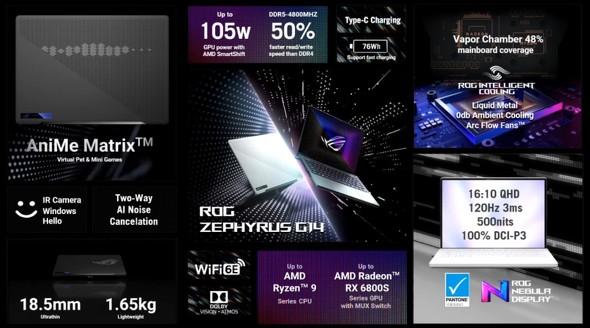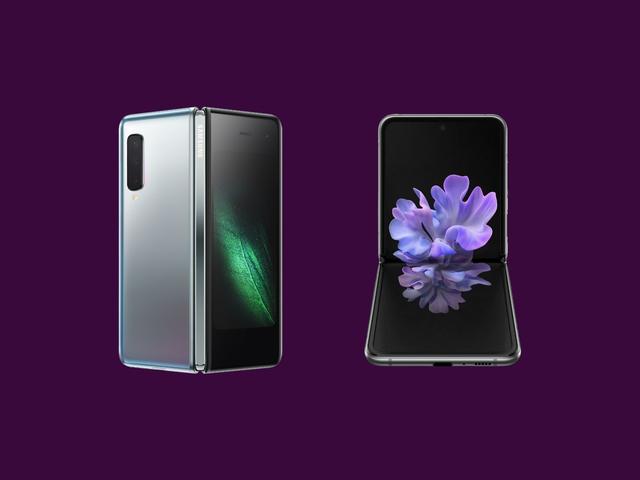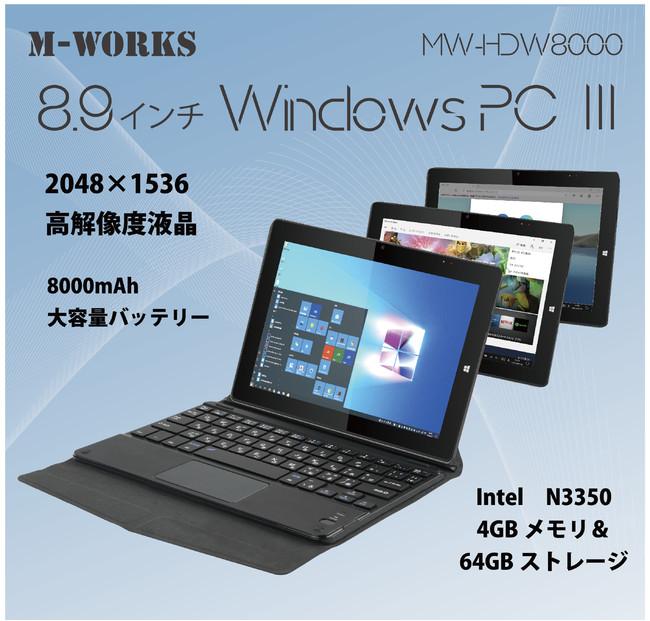Why did Apple and Google aim to manufacture automatic driving vehicles and gave up making them by themselves? [Future of Autonomous Autonomous Driving Part 14]
This is the 14th installment of this series that introduces cutting-edge topics in autonomous driving technology, and this time, we are talking about the "development of autonomous driving vehicles" by major IT companies such as Apple and Google. Until a few years ago, reports such as "Apple will make a car" and "Google will enter the automobile industry" were widely covered by automotive media and economic magazines. Apple cars and Google cars, which were said to appear in a few years, are not commercially available as of June 2021.
Have Apple and Google given up on making a whole car? "Or did you decide to participate in the automobile industry in another way?" We asked Mr. Naoto Nishimura, who has a deep knowledge of autonomous driving technology, about the differences between Apple and Google's automobile development and Toyota and Honda at the moment, and the possibility of future participation.
Text / Naoto Nishimura Photography / Adobe Stock (eye catch image @Bihlmayer Fotografie), TOYOTA, Naoto Nishimura
Will the car become a true partner with self-driving technology? [Future of Autonomous Autonomous Driving Part 7] Learn about the "now" of Autonomous Driving technology in the series [Future of Autonomous Autonomous Driving]
■Apple and Google first mentioned cars in 2014
"When will Apple and Google start manufacturing self-driving vehicles?"
About this theme,
① How are Toyota and Honda better than Apple and Google? (2) Conversely, what do Apple and Google have that Toyota and Honda do not have? (3) What is the current relationship between IT/IoT companies and automakers?
I will explain with the above points in mind. ……But before that, there are two things I want to tell you.
1st point. Apple and Google have never said when they will launch vehicles with self-driving technology "under their own brand", or if they will. At the same time, there is no comment on which automaker will be partnered.
Although seven years have already passed since their existence was whispered, the only things that have become clear are the advertisement balloons known as prototypes.
2nd point. IT/IoT companies such as Apple and Google have so far not only built up their business by selling products, but have focused on their position as so-called "software" companies.
Starting with PCs and smartphones, selling our own products (MacBook Air, Chromebook, iPhone, Google Pixel, etc.), in other words hardware, was nothing more than a means of making software an industry standard (de facto standard).
![Why Apple and Google aim to manufacture self-driving vehicles and decide to make them on their own? Did you give up? [The Future of Autonomous Autonomous Driving Part 14] Why Apple and Google Autonomous Vehicles Aiming to manufacture self-driving vehicles and giving up on making them by themselves? [The Future of Autonomous Autonomous Driving Part 14]](https://website-google-hk.oss-cn-hongkong.aliyuncs.com/drawing/article_results_9/2022/3/9/f09dc346c1eb70068052ed5ad7f41a72_1.jpeg)
Before going into each point of contention, we will organize the path that both companies have taken so far regarding vehicles equipped with self-driving technology.
In 2014, Apple introduced the "Apple Car" equipped with self-driving technology to the world. While repeating demonstration experiments in North America and elsewhere, we are also showing off prototypes of systems developed in-house (in fact, by the hands of talented people who work for many venture companies) installed in commercial vehicles.
Google also announced to the media a prototype equipped with self-driving technology in 2014, but now they have stopped developing vehicles independently and are mainly working on system development to control self-driving technology. .
Here is the main topic. We will consider the above points.
■How are Toyota and Honda better than Apple and Google?
The reason why automobile manufacturers such as Toyota and Honda have an advantage over Apple and Google is that they excel in making things that are easy to understand (in this case, the "vehicle" itself, which is hardware). and mass production around the world, with a low recall rate.
Even after the sale, the authorized retailers are responsible for contacting individual customers. There should be no objections here.
In 2020, the Toyota Group (including Daihatsu and Hino Motors) produced 9,213,195 units (100%) worldwide, of which 3,944,484 units (approximately 42.8%) were produced in Japan.
On the other hand, Honda's global production is 4,532,586 units (100%) and domestic production is 687,419 units (approximately 15.2%), while accounting for fiscal 2020 (April 2020 to March of the following year).
By the way, it is said that the number of iPhone series produced in the world in 2020 is about 200 million units, but even with paid support and updates such as OS, it will be self-managed after it reaches the user. is the basis.
As with the iPhone, if you produce a car, you will of course not be able to make a profit unless you sell it, so the dealers who are the sales base are required to operate appropriately.
In addition, unlike PCs and smartphones, vehicles require different maintenance depending on how they are ridden and handled, so it is necessary to provide detailed support for each customer.
Repairing vehicles damaged by accidents or breakdowns is also an important task for dealers.
Also, in Japan, there is a vehicle inspection / inspection system, and a recall system that corrects vehicle defects is also pervasive, so we must respond to them in detail.
In this way, automobile manufacturers produce and sell a large number of vehicles around the world, and on top of that, they support meticulous mobility for personal use.
In addition, while Toyota and Honda are developing product lineups that meet the diverse needs of the world, behind the scenes, they are standardizing platforms, sharing parts that are not visible, and MBD (model-based) (Development), we are working with supplier companies to increase the operating profit margin (example: Toyota's value from April 2020 to March of the following year is 8.1%).
There is no difference between Apple and Google in making a profit by selling machines, but sharing/diversifying the vehicle development process and building a maintenance management system for the sold vehicles is Toyota's This is the strength of automakers such as Honda and Honda.
On the next page: ■ Conversely, what do Apple and Google have that Toyota and Honda don't?

![Why did Apple and Google aim to manufacture automatic driving vehicles and gave up making them by themselves? [Future of Autonomous Autonomous Driving Part 14]](https://website-google-hk.oss-cn-hongkong.aliyuncs.com/drawing/article_results_9/2022/3/9/f09dc346c1eb70068052ed5ad7f41a72_0.jpeg)
![10th generation Core i5 equipped 9.5h drive mobile notebook is on sale at 50,000 yen level [Cool by Evo Book] 10th generation Core i5 equipped 9.5h drive mobile notebook is on sale at 50,000 yen level [Cool by Evo Book]](https://website-google-hk.oss-cn-hongkong.aliyuncs.com/drawing/article_results_9/2022/3/9/4a18d0792cae58836b71b9f591325261_0.jpeg)




![[Amazon time sale in progress! ] 64GB microSD card of 1,266 yen and wireless earphone with noise canceling function of 52% off, etc. [Amazon time sale in progress! ] 64GB microSD card of 1,266 yen and wireless earphone with noise canceling function of 52% off, etc.](https://website-google-hk.oss-cn-hongkong.aliyuncs.com/drawing/article_results_9/2022/3/9/c88341f90bab7fe3ce1dc78d8bd6b02d_0.jpeg)

